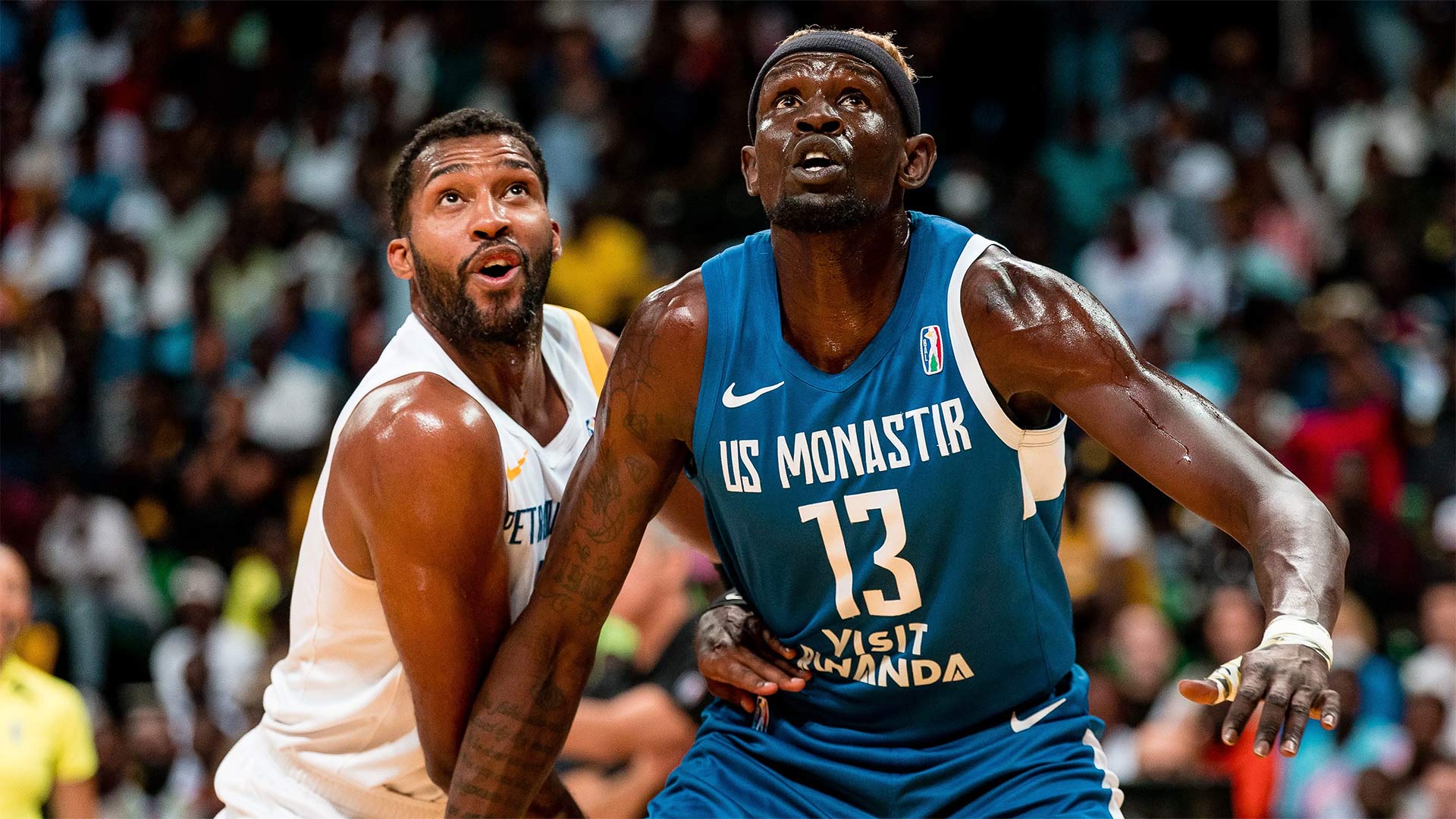An Opinion Piece by Staff Writer, Elango Mbotona: The NBA’s new plans to introduce franchises in the Basketball Africa League could boost investment and infrastructure, but risks sidelining grassroots clubs, limiting inclusivity, and reshaping African basketball’s authentic community-driven culture.
Last Updated on
October 5, 2025


Sports have always been more than just competition; it is also a business. The NBA understands this better than most, and as a result, it is expanding its global footprint through ventures like the Basketball Africa League (BAL).
With NBA Commissioner Adam Silver announcing a potential move from the current qualification-based system to a franchise-based model, Africa stands at a crossroads. While the goal is to strengthen the BAL’s business foundation, maximize revenue, and boost talent development, the inconveniences of such steps on African basketball’s atmosphere cannot be ignored.
.jpg)
The first challenge lies in inclusivity. At present, six African clubs qualify for the BAL through their domestic leagues and six via regional tournaments. This ensures that grassroots competitions have meaning and that local champions can aspire to reach the continental stage.
However, if the BAL moves toward permanent franchises tied to specific markets, those pathways may be closed. Local championships, which once acted as gateways, risk becoming irrelevant. Teams that historically fought for continental recognition may suddenly find themselves locked out, regardless of their on-court success.
Another concern is fairness. The franchise system implies that selection will not necessarily be based on merit but on financial capacity, infrastructure, and marketability. Wealthier investors and markets will likely dominate the league, while smaller basketball nations risk being sidelined. For a continent where the sport is still developing and relies heavily on passion and community-driven clubs, this could exacerbate inequalities between established markets and those still in growth.
The shift also raises questions about FIBA Africa’s role. Is FIBA Africa sacrificing local championships for better management, or are they acknowledging their struggles with poor governance and seeking an NBA-driven solution? The fear is that African basketball will lose some of its authenticity in exchange for commercial appeal. While professional management is necessary, if the local federations feel excluded, the growth of grassroots basketball could stagnate.
.jpg)
Moreover, the burden placed on new franchises to build home arenas and sustain long-term operations might push out traditional community-based clubs. Basketball in Africa thrives on passion, not just profit. By prioritizing investors over local champions, the BAL risks alienating the very fan base that gives the sport its unique identity on the continent. Fans who once rallied behind their national champions may struggle to connect with teams created for business interests rather than community pride.
The NBA’s intentions are clear: to create a commercially viable league that mirrors global standards. From a business perspective, this is a logical step, and indeed, some markets will benefit from improved infrastructure, stronger franchises, and long-term planning.
Yet, from a sporting perspective, Africa may lose its grassroots inclusiveness. Local teams may feel that boardroom deals and corporate ownership are replacing their dreams of continental success.
In the end, the NBA and FIBA Africa must strike a balance. African basketball needs both professionalism and inclusivity. The danger lies in prioritizing revenue over development. If the BAL becomes too exclusive, it risks becoming detached from the African basketball community it was meant to uplift.
[Photography Courtesy of The Basketball Africa League]